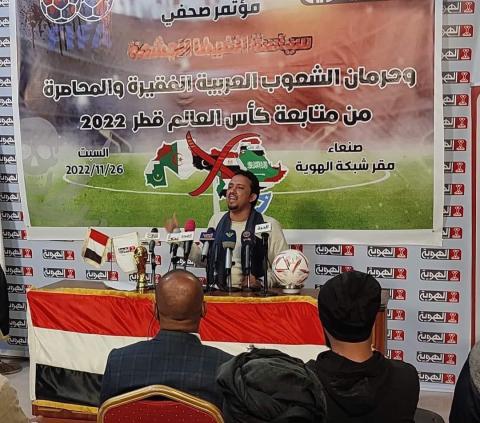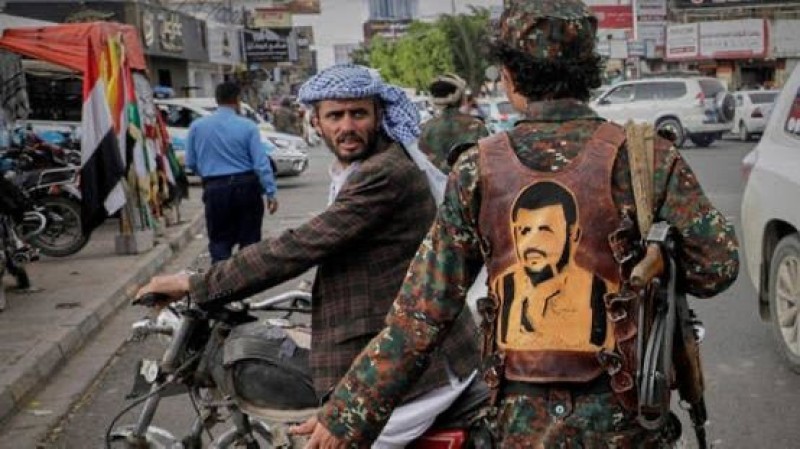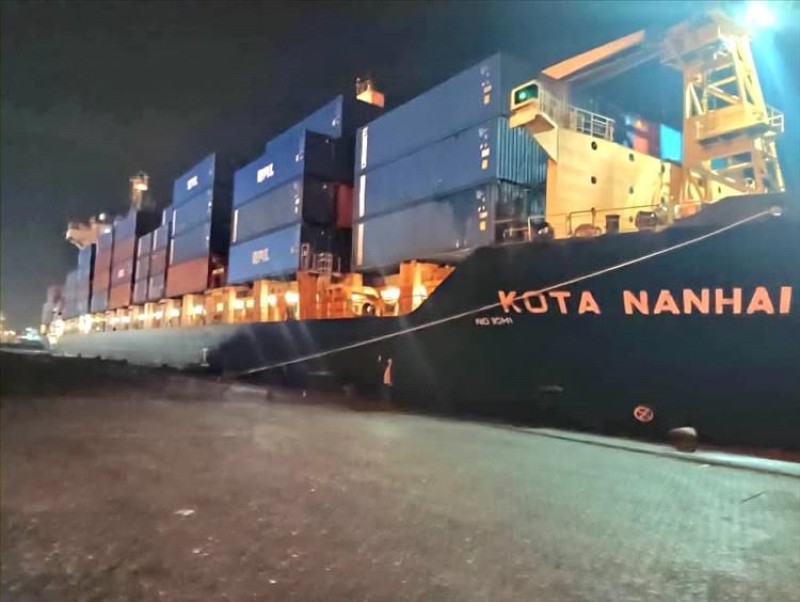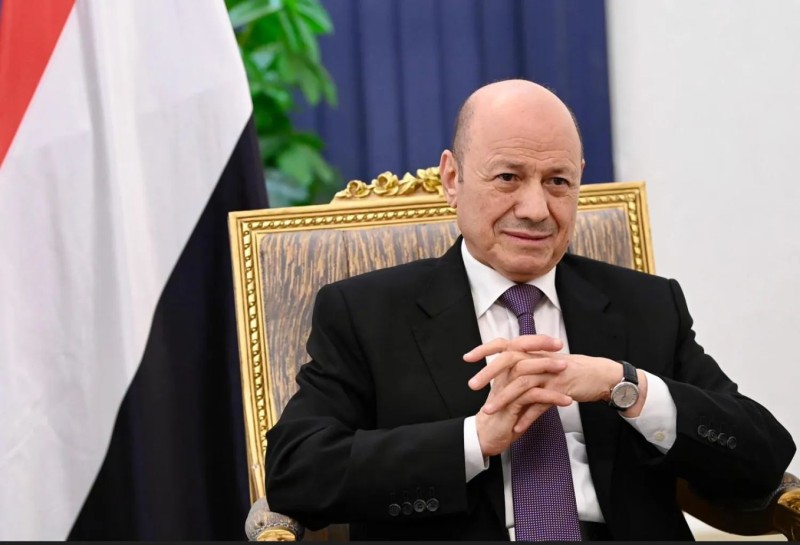Aid organizations urge Yemen parties to renew truce


Thirty organizations operating in conflict-torn Yemen on Monday urged warring parties in the country to extend the truce, which expires on Tuesday.
Local and international aid organizations, including Oxfam, the Norwegian Refugee Council, Save the Children and others, wrote a joint statement urging warring factions in Yemen to uphold and renew the truce beyond Aug. 2 in order to protect civilians and avoid further exacerbating the already desperate humanitarian crisis in Yemen.
“We urge all parties to the conflict to extend the truce for a longer term of six months or more, adhere to its terms, and uphold their obligations under international law to protect civilians and deliver on all elements of the agreement, including the reopening of roads in Taiz,” read the statement.
Reminding the parties of the truce’s benefits, the organizations said that human deaths have significantly declined; thousands of passengers, including the sick and students, have traveled on commercial flights from the Houthi-controlled Sanaa; and fuel ships that entered Hodeidah ports have allowed hospitals and businesses to operate normally during the truce.
“Unless the truce is adhered to and extended,” continued the statement, “these important gains will be lost, risking the lives of people across Yemen.”
The organization’s appeal came as the UN, the US and regional countries exerted last-minute attempts to extend the truce and avoid the country’s relapse into violence.
President of Yemen’s Presidential Leadership Council Rashad Al-Alimi on Sunday received a call from US Secretary of State Antony Blinken, which focused on the benefits of renewing the truce and opening roads in Taiz.
The official news agency SABA reported that the Yemeni leader told the American official that his government is committed to achieving peace in Yemen and that the Houthis violated the truce by refusing to open roads in Taiz, pay public servants in areas under their control and allow the UN to fix the decaying oil tanker SAFER.
Al-Alimi said that his government would pay state salaries in the Houthi-controlled areas only if the Houthis handed over revenues from the Hodeidah ports.
US State Department Spokesperson Ned Price said that Blinken talked about the significance of renewing the truce in alleviating the suffering of Yemenis and paving the way for a sustainable peace deal, expressing the US president’s support for the council.
In Sanaa, Mahdi Al-Mushat, president of the Houthi Supreme Political Council, said during a meeting with an Omani delegation that they have three conditions for engaging in peace talks with their opponents and renewing the truce: ending the aggression, lifting the blockade and paying government salaries.
The Houthi leader was referring to military operations by the Coalition to Restore Legitimacy in Yemen, which have completely stopped during the truce.
A group of Omani mediators landed in Sanaa on Sunday to convince the Houthis to extend the truce and open roads in Taiz.
Separately, the new governors of Hadramout and Socotra on Monday took the constitutional oath before Al-Alimi in the southern port city of Aden.
On Sunday, Al-Alimi appointed Mabkhout Mubarak bin Madhi as the new governor of the southeastern oil-rich province of Hadramout, replacing Brig. Gen. Faraj Al-Bahsani, who would maintain his position as a member of the presidential council.
Raafat Ali Al-Thagali, the provincial leader of the pro-independence Southern Transitional Council, was named governor of the remote island of Socotra in the Arabian Sea.

Sana’a – The occupied Yemeni capital Sana’a is witnessing mounting economic panic and a sharp collapse in the real estate market…

Aden – The vessel Kota Nanhai departed Al-Mualla Container Terminal at Aden Port this evening after completing the unloading of 457 standard…

Aden — Yemen’s Presidential Leadership Council Chairman Rashad al-Alimi held talks with Central Bank Governor Ahmed Ghalib to review th…